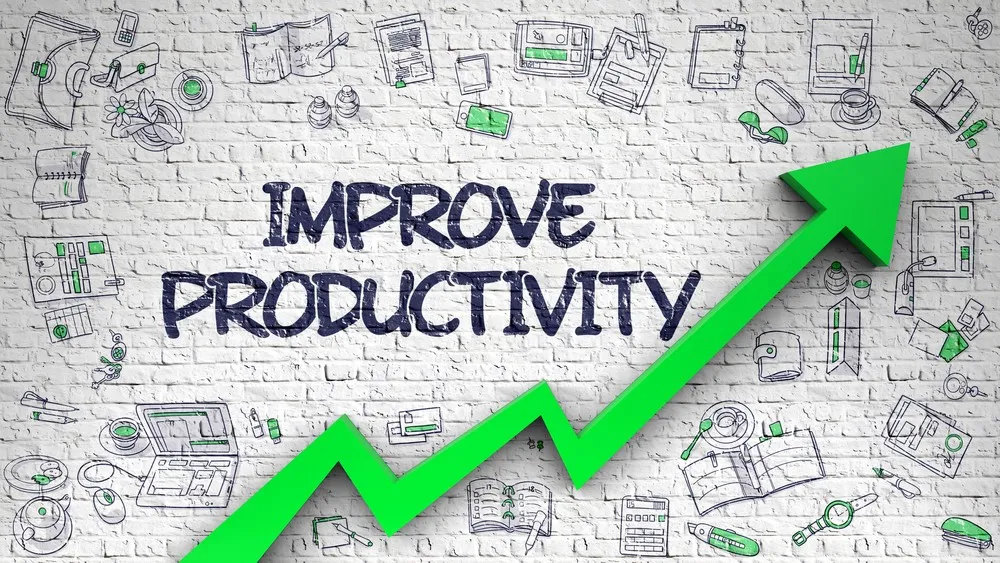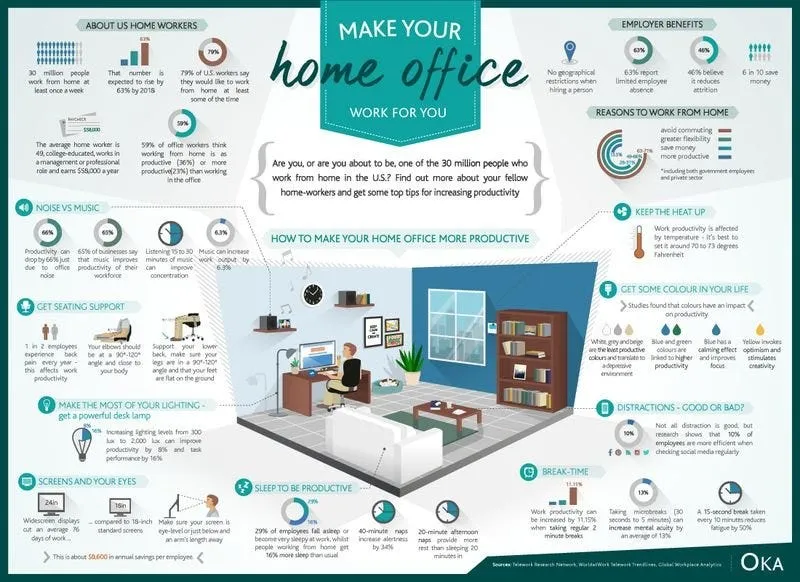Being a student in today’s fast-paced world comes with its challenges. From managing assignments and exams to balancing extracurricular activities and social life, staying productive can seem daunting. However, with the right techniques, students can make the most of their time and achieve their goals effectively.
In this article, we’ll explore proven productivity techniques to help students manage their time, focus better, and excel academically.
1. Set Clear Goals
Success starts with clarity. Having specific goals can guide your efforts and keep you motivated.
- Define Your Objectives: Break down your goals into short-term and long-term ones. For example, aim to complete a project by the end of the week or improve your grades over the semester.
- Use the SMART Method: Ensure your goals are Specific, Measurable, Achievable, Relevant, and Time-bound.
- Visualize Success: Write down your goals or create a vision board to remind yourself of what you want to achieve.
2. Plan Your Time Wisely
Time management is a cornerstone of productivity. Here’s how to make the most of your schedule:
- Use a Planner or Calendar: Record important dates for assignments, exams, and extracurricular activities. Digital tools like Google Calendar or apps like Notion can help.
- Prioritize Tasks: Use the Eisenhower Matrix to categorize tasks into urgent, important, and less critical.
- Plan Your Day the Night Before: Outline your priorities for the next day to start with a clear focus.
3. Apply the Pomodoro Technique
The Pomodoro Technique is a popular method to maintain focus and avoid burnout.
- Work in Short Bursts: Set a timer for 25 minutes of focused work, followed by a 5-minute break. After four sessions, take a longer break (15–30 minutes).
- Stay Fully Focused: Avoid distractions during each Pomodoro session. Turn off notifications and work in a quiet environment.
- Track Your Sessions: Use apps like Focus Keeper or Forest to monitor your progress.
4. Eliminate Distractions
Distractions are a significant productivity killer for students. Minimize them by:
- Creating a Study-Friendly Environment: Choose a quiet, well-lit space with minimal clutter.
- Using Website Blockers: Tools like Cold Turkey or Freedom can block distracting websites and apps during study sessions.
- Turning Off Notifications: Silence your phone or use “Do Not Disturb” mode to stay focused.
5. Break Tasks into Smaller Steps
Large tasks can feel overwhelming, leading to procrastination. Simplify them by:
- Chunking Work: Divide assignments or study topics into smaller, manageable sections. For example, instead of “study for math test,” break it into chapters or problem sets.
- Setting Mini-Deadlines: Assign deadlines to each step to maintain steady progress.
- Celebrating Small Wins: Reward yourself for completing each step to stay motivated.
6. Leverage Technology for Efficiency
Technology can be a powerful tool for enhancing productivity.
- Use Note-Taking Apps: Tools like Evernote, OneNote, or Notion help organize your study materials and notes.
- Set Reminders: Apps like Todoist or Microsoft To Do can keep you on track with deadlines.
- Access Study Resources: Platforms like Khan Academy, Quizlet, or Coursera offer free learning materials and practice tests.
7. Practice Active Learning
Active learning is more effective than passive methods like rereading or highlighting.
- Summarize in Your Own Words: Paraphrasing what you’ve learned ensures better understanding and retention.
- Teach Someone Else: Explaining concepts to a peer or family member helps solidify your knowledge.
- Ask Questions: Engage with the material by questioning its application, relevance, and connections to other topics.
8. Take Regular Breaks
Continuous studying can lead to mental fatigue. Breaks are essential for maintaining focus and energy.
- Follow the 90-Minute Rule: Work in 90-minute blocks followed by a 20-minute break.
- Incorporate Physical Activity: Short walks, stretches, or light exercises can rejuvenate your mind.
- Use Breaks to Recharge: Listen to music, meditate, or enjoy a healthy snack.
9. Stay Organized
An organized workspace and schedule can significantly boost productivity.
- Declutter Your Desk: Keep only the essentials like notebooks, pens, and study materials.
- Organize Digital Files: Use folders and labels to manage your digital documents.
- Plan Weekly Reviews: Spend time at the end of each week reviewing your progress and planning for the next one.
10. Focus on Your Health
Your physical and mental health directly impact your productivity.
- Get Enough Sleep: Aim for 7–9 hours of sleep each night to improve concentration and memory.
- Eat Nutritious Meals: Include brain-boosting foods like nuts, fish, and whole grains in your diet.
- Stay Physically Active: Regular exercise improves energy levels and reduces stress.
- Practice Stress Management: Techniques like deep breathing, mindfulness, or journaling can help keep stress in check.
11. Develop a Growth Mindset
A growth mindset can motivate you to overcome challenges and persist in the face of difficulties.
- Embrace Challenges: View mistakes and setbacks as opportunities to learn and grow.
- Celebrate Effort Over Results: Focus on the process rather than just the outcome.
- Seek Feedback: Constructive criticism can help you identify areas for improvement.
12. Stay Consistent
Productivity is not about doing everything perfectly; it’s about consistency over time.
- Build Habits Gradually: Start with small changes, like studying for 30 minutes a day, and increase over time.
- Track Your Progress: Use journals or apps to monitor your productivity habits and identify patterns.
- Stay Patient: Remember, consistency is the key to long-term success.
Final Thoughts
Productivity for students is not just about working harder—it’s about working smarter. By implementing these techniques, you can manage your time effectively, reduce stress, and achieve your academic goals.
Remember, every student is unique, so experiment with these strategies to find what works best for you. With persistence and the right mindset, you’ll not only improve your productivity but also enjoy a more balanced and fulfilling student life.
Start small, stay consistent, and celebrate your progress. You’ve got this!




